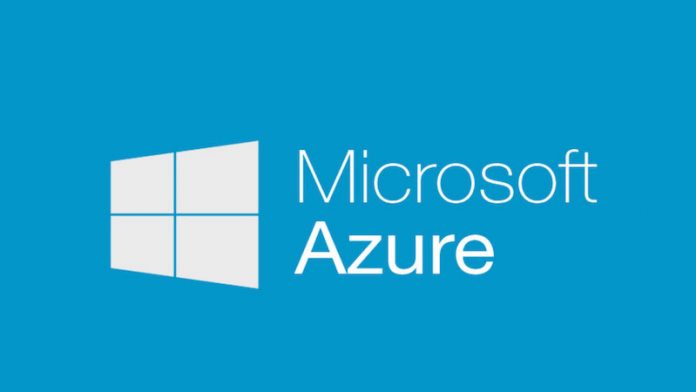Microsoft embraces Blockchain Technology, connecting it with their Main Products. Microsoft Azure, the company’s cloud computing service brought in the wave of the Blockchain to the cloud and now that same technology is spreading to other products within the tech company’s arsenal.
Slowly but surely, Microsoft has been building a slew of networks between its blockchain providers and other platforms, such as Sharepoint Online, Salesforce, Office 365 Outlook, Dynamics 365 Online, SAP and even Twitter, as stated by the General Manager of Microsoft Azure, Matt Kerner. Customers can transport their data from the aforementioned products to these platforms and from there onto a blockchain.
The ability of the blockchain to enforce a distributed ledger technology (DLT) and the collection of massive data from a multitude of sources in a standardized manner, easing the process of sorting and scaling said data, are the main proponents of the Blockchain and the reason companies like Microsoft will benefit.
Microsoft Azure and Logic Apps, two cloud-related applications have also been integrated into the Azure Blockchain workbench, a newly launched (May 2018) service for Microsoft’s Blockchain related apps.
Matt Kerner said, in the context of the evolution of Big Data, “Blockchain empowers the next step- enabling a single, authentic data set shared across counterparties. This is also improving the way transactions happen.”
With the title of the most valuable resource in the world shifting from oil to data, the push to prove which analytical system interprets data the best has further intensified, a plethora of firms are emerging with the objective to better organise, interpret and format data.
In light of this, Kerner said, with enterprise blockchain, the structured and formatted data is already present. He further added, “What blockchain is doing is creating a multi-party business process that is moving out of email, phone calls, spreadsheets and into a single system with a single view on the data that all of the participants can rely upon and trust.”
Microsoft is using blockchain to curb spam calls in India
Someone’s got a crush on blockchain….it’s Microsoft.
If you thought blockchain was completely useless as a technology, Microsoft is out to prove you wrong.
The technology giant has partnered with Tech Mahindra, a leading IT solutions provider, to tackle spam calls using blockchain technology in India, Hindustan Times reports.
The solution is being built on Microsoft Azure Platform and will also utilize cloud services, although the exact technical or product map hasn’t been revealed yet.
“The intersection of Cloud and Blockchain will ensure a new way of monitoring and enforcing compliance throughout the ecosystem,” Prashant Shukla, National Technology Officer of Microsoft India said at a press conference. “With a Microsoft Azure Blockchain-powered solution, we will ensure that we mitigate loopholes used by fraudsters and spammers to reach end users.”
The platform will purportedly bring all relevant parties onto the same ecosystem, including all telecom operators, legal authorities, users, and even telemarketers. The ecosystem is expected to make obtaining user consent and registering their preferences about marketing calls easier.
“…[The] solution will be a shared, secured ledger of UCCs [unsolicited commercial communication] distributed across a network of computers,” Tech Mahindra said in a press statement. “[This] will ensure a transparent and verifiable system to help companies mitigate UCC on their networks.”
Microsoft’s announcement comes only a month after TRAI (Telecom Regulatory Authority of India) ordered all telecom operators to use blockchain technology to curb the menace of spam calls.
Tech Mahindra and Microsoft are hoping that the operators won’t have to be worry about developing their own solutions now, as their product will be enough for them to stay compliant with TRAI’s new regulations.
Under the new norms, a user’s consent will have to be explicitly recorded on the blockchain to receive marketing calls. The users should also be able to revoke their consent anytime they want. If an operator fails to follow the norms, they risk facing a penalty of up to Indian Rupees 500,000 ($7,136 approximately) per month.
Microsoft is rather ambitious when it comes to its blockchain projects. The technology giant announced a blockchain-based digital identity management solution in February this year. In June, it announced another blockchain project to manage copyrights and loyalties.
It is worth noting that there are no updates on either project. We don’t know if blockchain proved helpful in either managing digital identities or copyrights. But this time, there is a deadline for telecom operators to abide by the regulations.
This means, we might finally see a prototype of one of Microsoft’s ambitious blockchain products soon.




